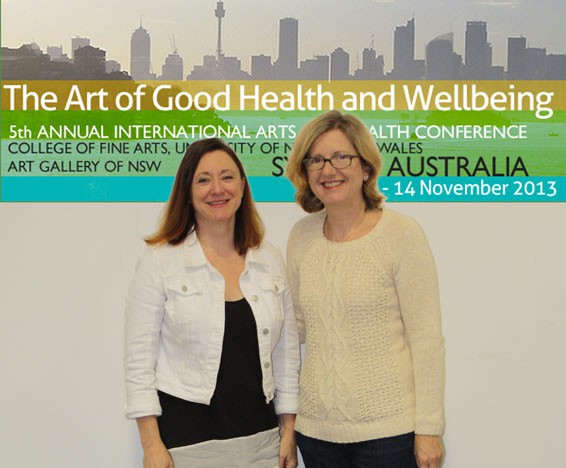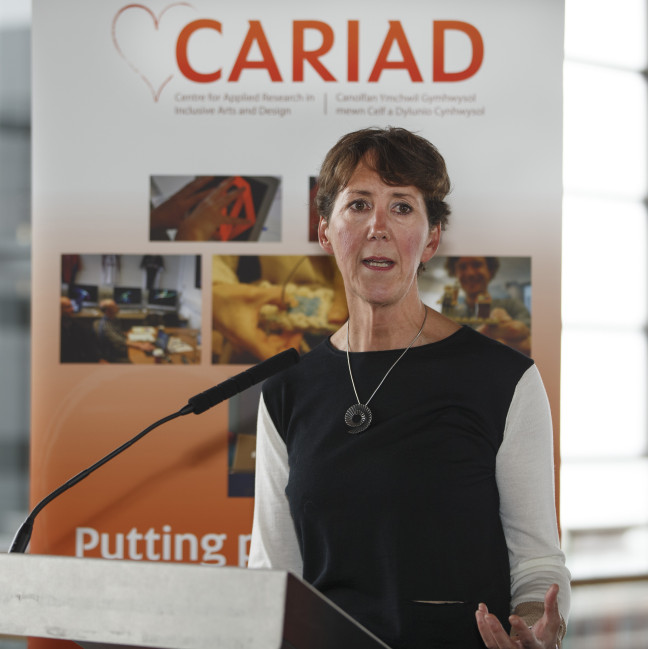CARIAD were delighted to have representation at the PlayARK festival this year our very own Steve Coleman reports on his very exciting week:
CAN PLAY TACKLE SOCIAL ISSUES AND ENCOURAGE CHANGE?
This was the question which PlayARK’s collaborative project, the Play:Do hack week, posed to nine individuals from different disciplines and offered them the opportunity to explore this idea in an environment that “focuses on the idea of knowledge exchange and open experimentation.”
The project took place in the week running up to the PlayARK 2013 festival, and was organised by Cardiff based company Yello Brick who specialise in playful communication approaches to create experiences for brands and organisations. The project and festival were held at the Wales Millennium Centre at the beginning of November and brought together international speakers, developers, designers, technologists, and practitioners to contribute to a two-day series of public talks and game events.
The call out for the Hack Week was more than a little enticing:
“The aim of the week is to create a playful and socially aware experience that utilises creative technology and reclaims traditional approaches to how we live and work within our cities”
The idea of reclaiming lost or forgotten processes piqued my interest. It evoked ideas from my previous research into reconnecting with our inner child and using play as a means of developing our creative processes. Whilst the idea of using play as an approach to encourage social change in a real world context drew parallels to my current project of using playful activities to encourage wellbeing in the very real context of persons with dementia. By the time I got to the part about “playful ways to break down barriers and encourage positive social engagement” I was hooked and an application was sent.
I was lucky enough to be selected as one of the nine hackers, and at the start of the week I teamed up with Ravi Thornton, an award-winning writer with an interest in narrative environments as storytelling devices, and with Andrew Price who, as Technology Director for the digital agency Moon, has an impressive client list that includes the BBC, Box UK, and the Welsh Assembly Government.
What followed was an intense semi structured few days that focussed our attention, rapidly yet rewardingly, on prototyping methods, game structure, and concepts that lay at the heart of the projects’ aims; this was achieved through a series of informal presentations from organisations such as the Arts Council of Wales and the Climate Change Commission for Wales, as well as from individuals who shared their experience in using playful methods to engage with a wider audience, such as Transmedia storyteller Robert Pratten and live events organiser Ian Thomas.
The outcome of the week was a game that linked physical experimentation with digital recording and presentation, using collaborative engagement to produce and reveal narratives to those who took part. We were looking at the idea of the transience in relation to online content, how games could be used to reveal a hidden narrative, and explored how engagement in the creation of a story could lead to a sense of ownership of the underlying message within participants. We presented our prototype as part of the festival’s series of talks and then ran a trial event with the public the following day.
For me the experience was incredibly valuable and I feel very fortunate in having attended. As a researcher definitions are fundamental to the shaping and direction of my projects, and my involvement in the hack week allowed me to understand how others define the term play and how this shapes or informs their practice. From a practical point of view the opportunity to collaborate, to such an extent, with practitioners from very different disciplines to my own was something that was quite new to me, and as a result collaborative approaches with makers and practitioners is something I want to pursue further as a researcher. My PDP has quite a few new entries about presentations and communication, time management, focus versus balance, as well as the use of social media (I need to do more of it). The biggest reward of the week is the fact that we all feel that something valuable had been created, and view the week as the beginning of an exciting development.
As a group we have set already set date to meet, chat, and take the project further, with the help of a Google doc we are currently making plans on how to develop our prototype in ways that can address social engagement, playful enquiry and even education issues. As a result of the Play:Do hack week there have been some new skills learnt, and some superb contacts made all of which will, I am sure, inform and contribute to the development of my PhD project.
LINKS:
Play:Do Blog
http://www.thinkark.co.uk/playdo-part-playark-2013-festival
PlayARK
http://www.playark.co.uk/
Yello Brick
http://yellobrick.co.uk/
Ravi Thornton
http://ravithornton.weebly.com/blog.html
Andrew Price
http://madebymoon.com/
Steve Coleman, previous research
https://thehourofplay.wordpress.com/
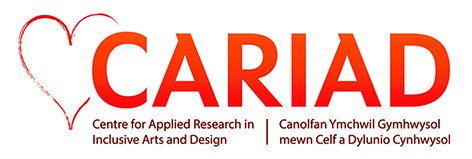
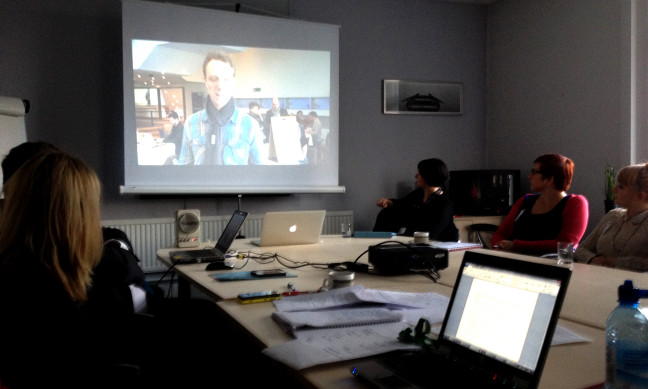
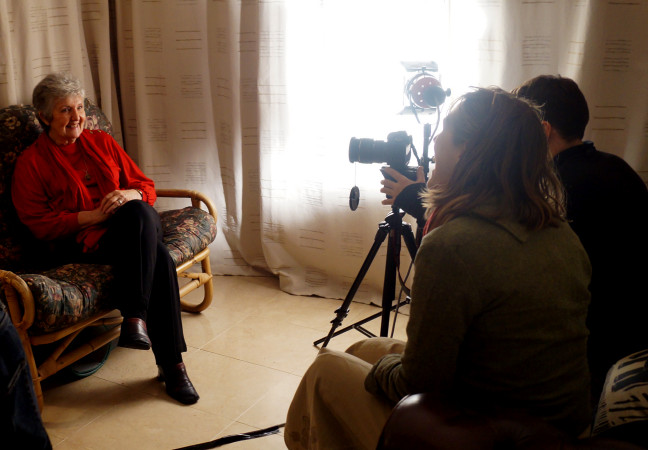

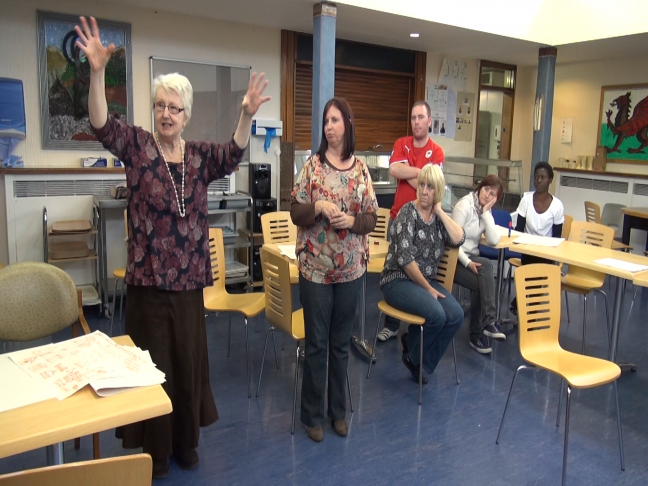
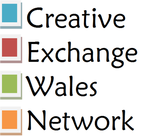
 We are looking forward to seeing how the projects develop especially since so many important issues were raised. Questions asked included ‘what is classical music’, ‘why is it called classical’. The elitist attitude and the accessibility of classical music for all demographics was also on the agenda, certainly some meaty food for thought. Thanks to all involved for hosting such an interdisciplinary day and facilitating in bridging gaps between academia and the media. Take a look her for details of the pilot projects
We are looking forward to seeing how the projects develop especially since so many important issues were raised. Questions asked included ‘what is classical music’, ‘why is it called classical’. The elitist attitude and the accessibility of classical music for all demographics was also on the agenda, certainly some meaty food for thought. Thanks to all involved for hosting such an interdisciplinary day and facilitating in bridging gaps between academia and the media. Take a look her for details of the pilot projects 